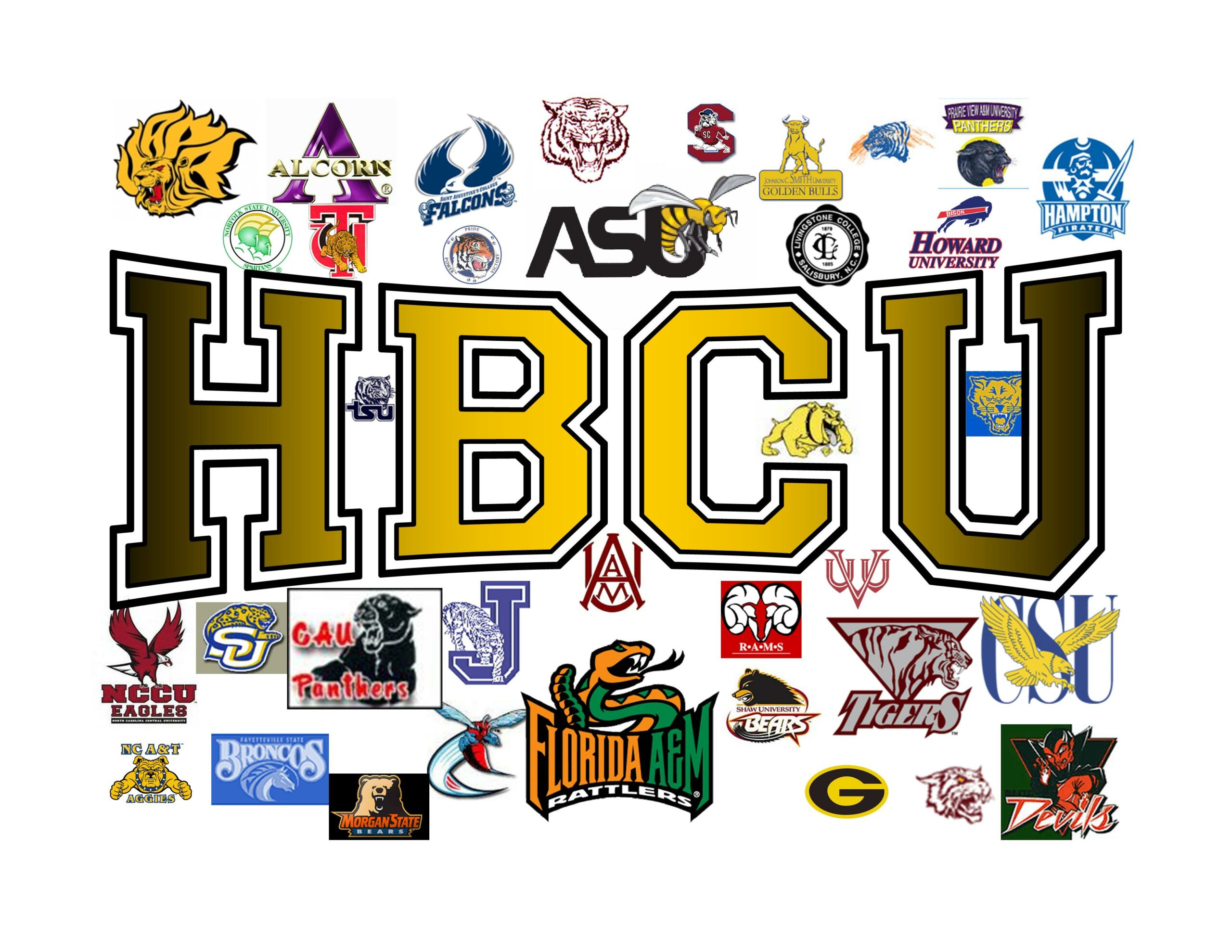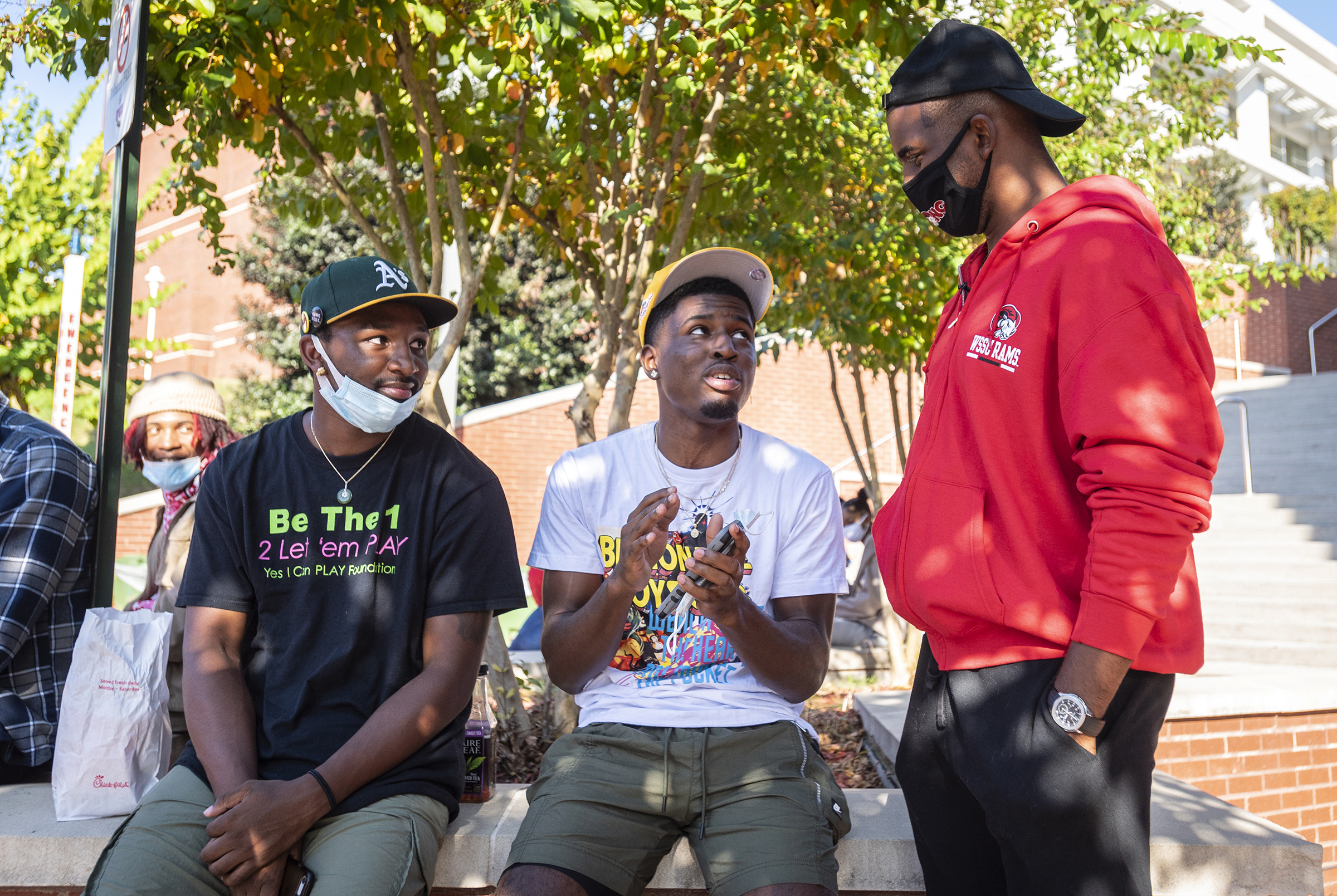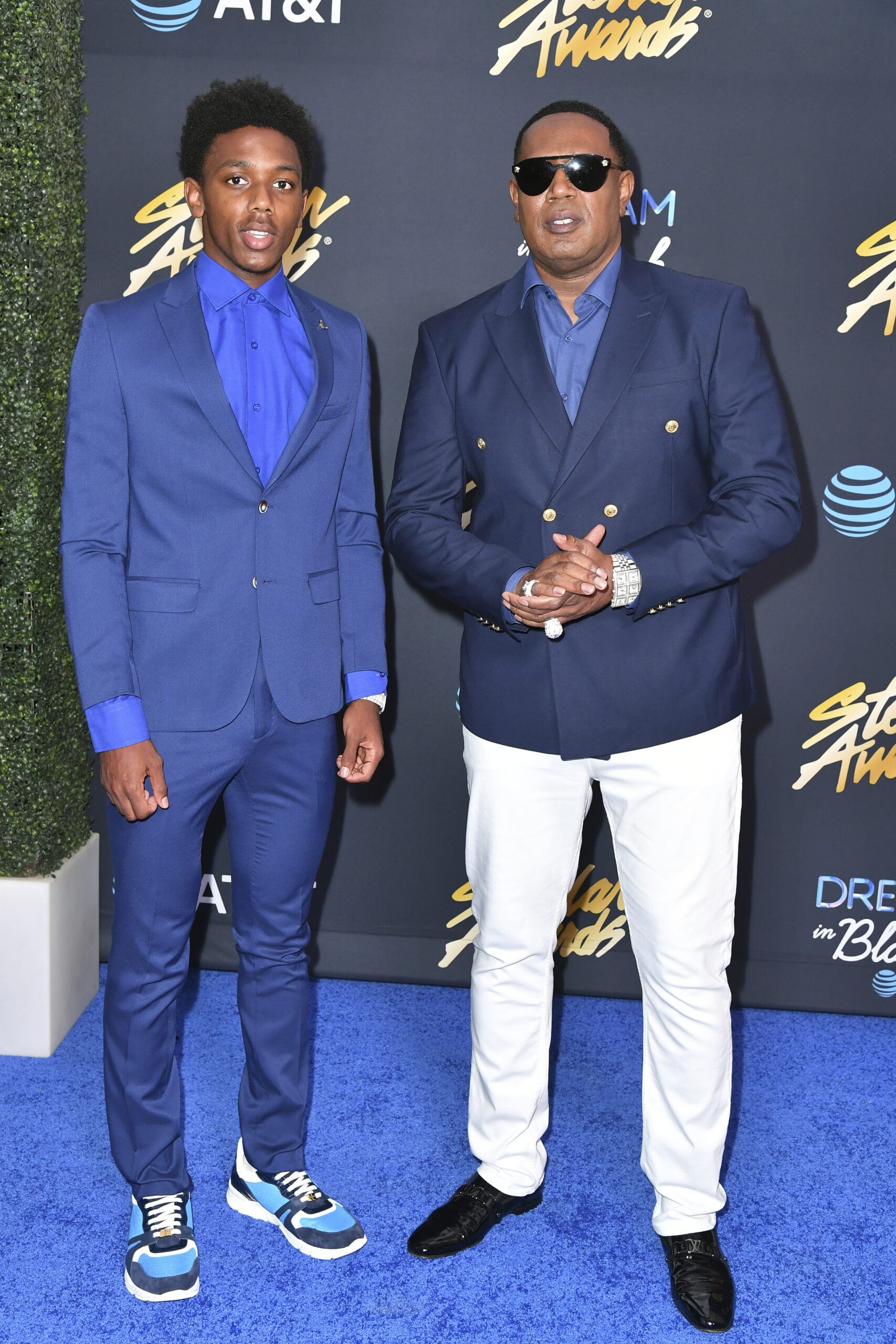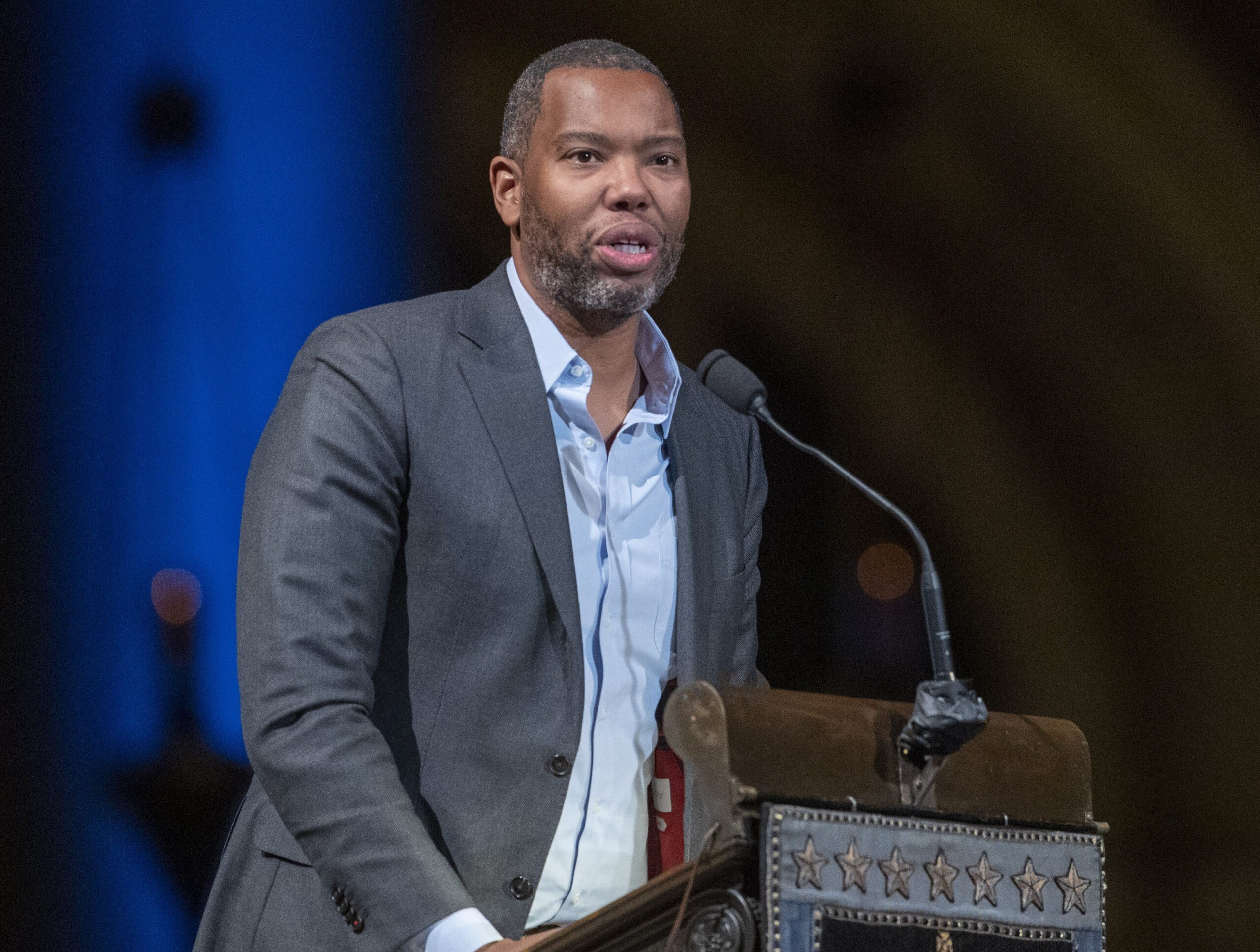Bobby Carter knew he wanted to attend a historically Black college or university (HBCU). For him, it was only a matter of which one to choose: Morehouse College in Atlanta or Jackson State University in Jackson, Miss. He chose Jackson State and graduated in 2000, earning a degree in mass communications.

Twenty-one years later, Jackson State has brought on professional football player Deion Sanders as the head coach of the Jackson State Tigers. And the new coach is already making waves.
“I think it’s a game changer for a person like Deion who probably could have easily taken a job at a PWI (predominantly White institution) to choose Jackson State specifically,” Mr. Carter, the series producer for NPR’s Tiny Desk Concerts, told The Final Call. “Obviously, it is going to give you a lot more attention, a lot more eyes, but with that, it’s also going to give you more draft stock.
“When you see a Hall of Famer like Deion Sanders coaching at Jackson State, you want to go there, and knowing, even though it’s his first job as a head coach, just from his presence alone, you kind of want to tap into that experiment,” he continued. “And obviously it’s worked so far. I’ve seen like three to four Jackson State football games on national television. You rarely see that.”
Mr. Sanders attended Florida State University, a predominantly White institution, but he never graduated. Going on to become a football star, he didn’t graduate from college until about 30 years later, Aug. 2020, when he got a degree from Talladega College, an HBCU in Alabama. But he’s not the only one choosing HBCUs today.
Mr. Sanders is one of countless people within the academic and athletic worlds gravitating towards HBCUs. Professional basketball player Reggie Theus, who played college basketball at a White university, is now the head coach at Bethune-Cookman University, an HBCU in Fla. Professional football player Eddie George, who played college football at Ohio State, a “Public Ivy” school, recently became the head coach at Tennessee State University. Top high school athletes are committing to HBCUs, such as rapper Master P’s son and basketball recruit Hercy Miller, who is attending Tennessee State.

And then there are the scholars like journalist Nikole Hannah-Jones, who took a position at Howard University after officials at the University of North Carolina-Chapel Hill rejected, then offered her tenure following expressions of outrage at the denial. She won a Pulitzer Prize in 2020 for the “1619 Project,” which dealt with history and slavery in America and became the target of right wing attacks. The failure to grant her tenure immediately was part of that attack led by a major UNC donor. But the academic had options and she chose Howard as an option and took a significant amount of money with her. As the Associated Press noted, the award-winning journalist and professor received donations of $5 million each from the MacArthur, Knight and Ford foundations and an anonymous donor.
“I cannot imagine working at and advancing a school named for a man who lobbied against me, who used his wealth to influence the hires and ideology of the journalism school, who ignored my 20 years of journalism experience, all of my credentials, all of my work, because he believed that a project that centered Black Americans equaled the denigration of White Americans,” she said in a July 6 statement to the university, referring to the 1619 Project.
In the statement, she explained that she was taking a position in race and reporting at Howard, saying, “Historically Black colleges and universities have long punched above their weight, producing a disproportionate number of Black professionals while working with disproportionately low resources. It is my great honor to help usher to this storied institution these significant resources that will help support the illustrious, hardworking, and innovative faculty at the Cathy Hughes School of Communications and the brilliant students it draws.”
Author and journalist Ta-Nehisi Coates will also be teaching at Howard after being at a White university.
Mr. Carter believes the media has played a role in athletes and scholars choosing HBCUs. He pointed to Donald Calloway, Jr., who is a frequent guest on MSNBC, as an example.
“Whenever he’s a guest on one of these shows, he has an HBCU shirt on. It’s not always the HBCU that he attended. It’s always a different one,” he said.
He also pointed to NBA player Chris Paul, who didn’t attend a HBCU when he was younger but has been a vocal supporter and is now pursuing a degree at Winston-Salem State University.

“I think people tend to want to go to a PWI or an Ivy League school because that’s what you see in the mainstream, but now that you have Black people in society who show these things off and show that ‘hey, you could succeed in these places, these places can prep you for the world.’ I think it’s just a change,” Mr. Carter said.
“When you see it on social media, when you see it everywhere and it’s in your face and you talk to people who actually went to these institutions and have them tell you about these experiences, I think that younger kids are starting to realize that not only can these HBCUs do the same thing that these other schools do, I’m going to get an even more enlightened experience and more enhanced experience and learn about myself as a Black person.”
Gemal Duncan, a junior mass communications major and drum major for the Sonic Boom at Jackson State, said he believes the movement to HBCUs was sparked by the murder of George Floyd, who was killed in May 2020 after former Minneapolis police officer Derek Chauvin knelt on his neck and back for over nine minutes.
“I believe we were just fed up with all the killings of Blacks by the White cops, and we just couldn’t take it no more. So I believe that’s what really sparked the movement,” he said to The Final Call.
Dr. James B. Ewers, Jr., president emeritus of the Teen Mentoring Committee of Ohio, is a product of an HBCU. He obtained his undergraduate degree from Johnson C. Smith University in Charlotte, N.C., and later went to Howard. He has also served as the vice president of four HBCUs and served as the director of admissions and the registrar at an HBCU.
“I know the power of HBCUs. I’ve witnessed it firsthand, both as a student and as a member of an HBCU faculty, an HBCU staff. So, there is a role model responsibility, and I believe that folks who are engaged in the work at HBCUs see themselves in that way, that they see themselves carrying the mantle forward. They see themselves doing the work, so that the next generation of scholars can profit from their expertise,” he told The Final Call.
He explained that going from a White school to an HBCU is not a step down.
“Let me make that as crystal clear as I possibly can. And I don’t know that we have to justify professors and coaches and students moving from PWIs to HBCUs. That’s not going to be in any way a step down. And I just don’t buy that argument. I don’t want to try and justify why professors and teachers want to go to HBCUs,” he said. “I would think, like any position, they want to go because they see that HBCUs have the kinds of environments that they want to teach in, they have the kinds of students that they want to be around, they feel comfortable on campus. And I think that those are the factors for any job.”
According to the National Center for Educational Statistics, as of 2018, there were 101 HBCUs located in 19 states. Fifty-one are public and 50 are private. HBCUs serve 0.1 percent of the overall student population but account for 20 percent of Black students who complete bachelor’s degrees and 27 percent of Black students with bachelor’s degrees in STEM (science, technology, engineering and mathematics) fields, according to an article by the Brookings Institution. Based on Gallup studies from 2014 and 2015, Black HBCU graduates are stronger in purpose, social well-being and financial well-being than Black non-HBCU graduates.
Despite statistics on the general success of Black students at HBCUs, the colleges and universities still lag behind in funding compared to White institutions. The American Council of Education released a report that found HBCU endowments trail those of non-HBCUs by at least 70 percent, with smaller HBCUs being more heavily impacted.

“We definitely go through the struggles of funding. Most other schools, especially predominantly White schools and universities, funding isn’t an issue. Obviously, the very foundation of a lot of those schools is based on the same—I guess you could say—financial foundations of the United States of America. So a lot of those schools had money from the very beginning,” Jason Straughter, a Jackson State alum who goes by the entertainment name Jay Clipp, told The Final Call. “The whole creation of the HBCU was because we weren’t given an opportunity to even go to a White school, so I think that the funding is definitely the main issue. I think we as Black people, as alum, even alumni can definitely contribute more.”
Dr. Ewers believes that with the recent attention on HBCUs, the colleges and universities will start to get more money and increased enrollment.
“I think that a lot of young men and young women of color are really paying attention to the educational landscape, they’re paying attention to HBCUs now, and they’re seeing who will be attending. And I think that they’re taking a real strong look at HBCUs as a first choice and as the first application that they’ll make,” he said.
He brought up Zaila Avant-Garde as an example. The 14-year-old from Louisiana recently became the first Black American to win the Scripps National Spelling Bee. She also holds three Guinness World Records for dribbling, bouncing and juggling basketballs.
“She’s already received a scholarship to Southern University in Baton Rouge, which is an HBCU. So I think that you’re going to find more scholars, more young men and women of color who are scholars, wanting to attend. I think you’re going to find more White students wanting to attend, because they too are paying attention to the landscape, and they’re seeing the landscape change. And I think that who would not want to be coached by Deion Sanders? Who would not want to have Reggie Theus as a role model … as the athletic director to Bethune-Cookman? Who would not want Professor Coates as a teacher at Howard University?” Dr. Ewers questioned. “So I think that you’re just going to see folks of both races, of all ethnicities, wanting to attend HBCUs, and I think that is going to be evident this year. I think it’s going to start fall of 2021. I think you’re going to see it continuing to grow, and I think the future has never been so bright for HBCUs as it is right now.”













